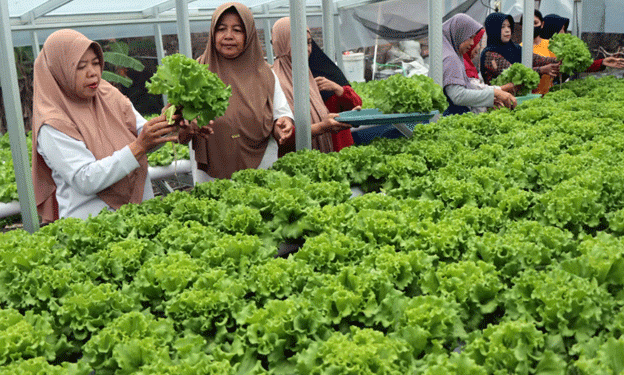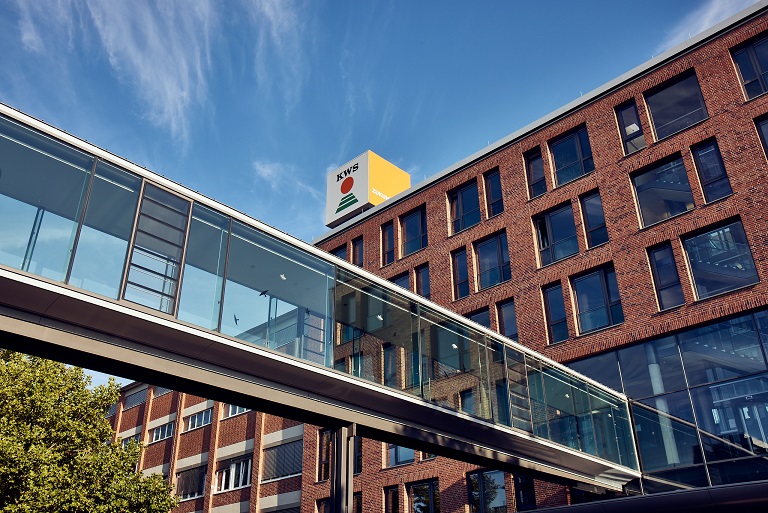In Colomadu, Karanganyar, a group of dedicated women from the Mutiara Women Farmers Group (KWT Mutiara) have revitalized a previously neglected 70-square-meter plot into a thriving hydroponic lettuce farm. Their journey from traditional farming to adopting hydroponic techniques showcases the potential of community-driven agricultural innovation.
Initiating Change Through Community Effort
Following the subsidence of the COVID-19 pandemic in 2022, Trisna Murti Manikam, the coordinator of KWT Mutiara, sought to enhance the livelihoods of local women by exploring modern farming methods. She registered the group with the Karanganyar Agriculture Service, securing initial funding to embark on hydroponic cultivation. The transformation began with repurposing an unkempt plot at the entrance of Banukan Hamlet, with the landowner’s consent, turning it into a productive space.
Transition to Hydroponic Farming
Initially, the group experimented with cultivating chili peppers and purple glutinous corn. However, inconsistent yields due to weather fluctuations prompted a shift to hydroponic farming in early 2023. This method offered more controlled conditions, leading to improved crop quality and reduced dependency on climatic factors. Trisna noted the ease of maintenance and higher yields associated with hydroponic systems compared to traditional soil-based agriculture.
Collaborative Marketing and Sustainable Practices
KWT Mutiara established partnerships with third-party organizations to streamline their operations. These collaborations provided comprehensive support, including the supply of hydroponic installations, seeds, growing media, and nutrients. Such alliances have been instrumental in ensuring the sustainability and scalability of their hydroponic ventures.
Empowering Women Through Agricultural Innovation
The success of KWT Mutiara aligns with broader initiatives across Indonesia aimed at empowering women in agriculture. Programs like Pupuk Indonesia’s “Kartini Tani” have been pivotal in providing training and resources to women’s farming groups, enhancing their skills in organic farming, hydroponics, and horticulture. These programs have not only increased agricultural productivity but also elevated the economic standing of participating women, enabling them to contribute significantly to community welfare while balancing their roles as homemakers.
The transformation of idle land into a productive hydroponic garden by the women of Colomadu exemplifies the impact of community-driven agricultural initiatives. By embracing modern farming techniques and fostering collaborative networks, these women have enhanced local food security and created sustainable income sources. Their success serves as an inspiring model for similar communities aiming to revitalize unused spaces through innovative agriculture.












